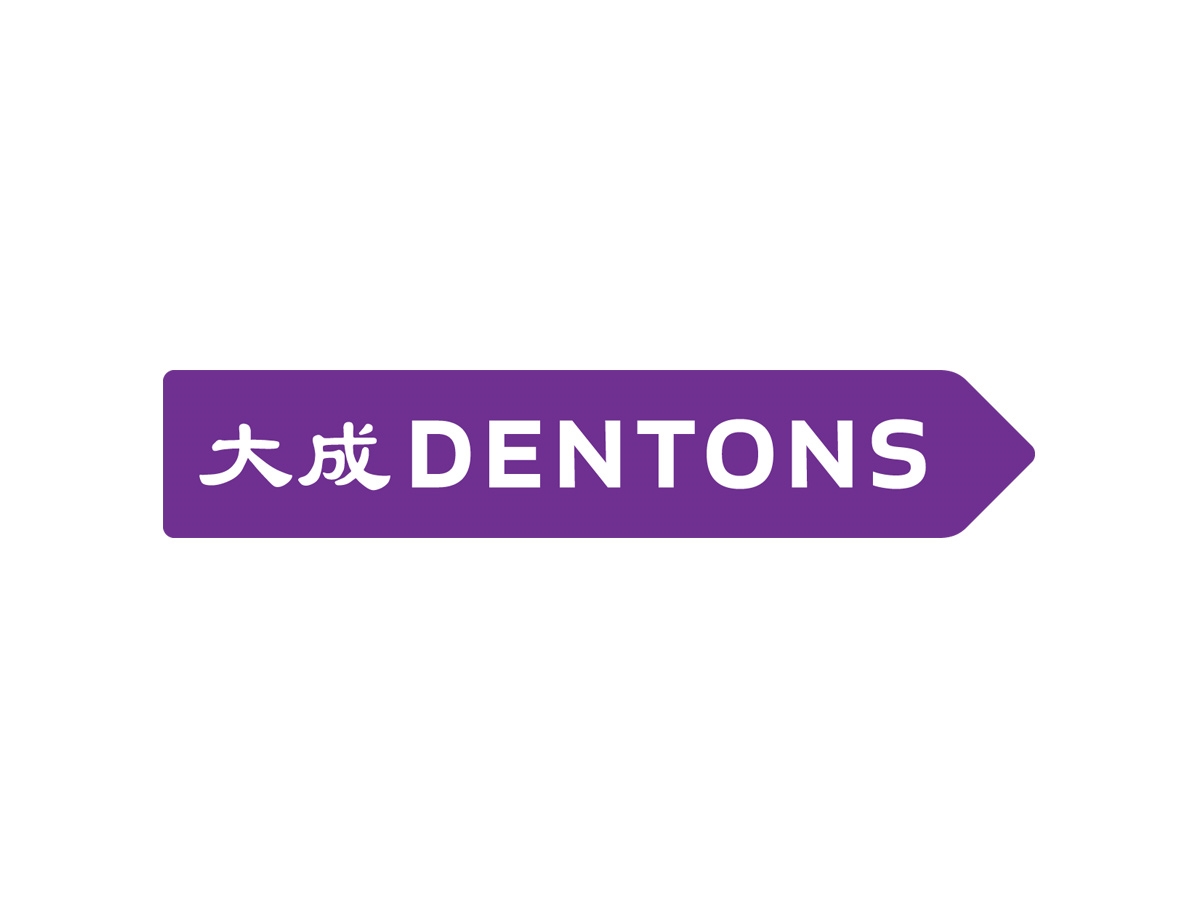
In the context of the global convergence towards the metaverse, non-fungible token (NFT) technologies and exchanges are developing rapidly worldwide. China closely follows this trend—but in China, NFTs are usually regarded as artistic digital products rather than financial digital products to be exchanged in the secondary market. Since NFTs are a new type of digital asset, no specific law or regulation has yet been developed to regulate transactions with them or for the related trading platforms. In April 2022, a court of first instance in China entered a judgment for the first NFT copyright infringement case (Case No.: (2022) Zhe 0192 Min Chu 1008), giving a structural reference for the analysis of similar cases and filling a blank in this area of law.
To begin with, the NFT platform in question is an NFT online exchange platform, where users can upload various types of content, including but not limited to pictures, music and videos, to generate the corresponding NFTs and sell them within the platform, with reselling being restricted. Meanwhile, the NFT platform will charge gas fees and/or a commission in every key procedure. For example, it collects gas fees of RMB 33 and a 10 percent commission on the trading price.
In this case, the plaintiff, as the copyright holder of a picture depicting a cartoon tiger, sued the NFT platform for copyright infringement, claiming that a user of the platform used the picture without authorization to generate an NFT and sold it to another user through the platform. Considering the operation features and profit model of the NFT platform, Hangzhou Internet Court, the court of first instance, ruled in favor of the plaintiff, holding the platform liable for the content uploaded by the user to generate the NFT, which in fact imposes heavier liability for the NFT platform compared with other network service providers.
Generally, network service providers may sail into “safe harbor” if they properly follow the notice-and-takedown procedures and do not violate the red flag principle as well. Firstly, subject to Article 1195 of the Civil Code and Article 15 of the Regulations on Protection of Information Network Transmission Right, upon notices from right holders, network service providers are obliged to take necessary measures, including but not limited to deleting, shielding and breaking hyperlinks against the content in question. Secondly, according to Article 1197 of the Civil Code, if a network service provider has or should have knowledge of the fact that its user used its services to infringe on others’ rights and interests but fails to take the necessary measures accordingly, it will be held liable jointly and severally with the content provider. Therefore, the NFT platform as a new kind of network service provider is obliged to follow the notice-and-takedown rules as well as to take requisite measures against content with “red flags.”
However, in this case, though the NFT platform fulfills the requirements of the safe harbor principle by sending the infringing NFT address to a “black hole protocol,” which swallows all tokens sent to it irrevocably, the court found that the NFT platform shall bear a stricter duty of care when reviewing copyright ownership documents submitted by users before making the NFTs by establishing a comprehensive and more specific review mechanism.
This conclusion is reasonable to some extent, based on the differences between NFT platforms and other online platforms. Unlike an online platform that simply hosts content, NFT platform also provides a virtual place for users to trade content. Therefore, legitimate content source is essential for operating an NFT business. Moreover, the NFT platform, unlike a traditional e-commerce platform that merely offers a place for trading, is involved in the essential steps of the whole process because it offers the technology for producing an NFT and automatically drafts smart contracts for every sale. More importantly, the NFT platform earns profits from providing those services.
On the other hand, the heavier liability imposed on NFT platforms may further impede the development of NFTs, considering that the de-financialization policy has already decelerated NFT growth in China. But it is still uncertain whether this judgment will be the final one in this case. We will continue to monitor it and look forward to more legal practice in this field.
See more »
DISCLAIMER: Because of the generality of this update, the information provided herein may not be applicable in all situations and should not be acted upon without specific legal advice based on particular situations.
© Dentons var today = new Date(); var yyyy = today.getFullYear();document.write(yyyy + ” “); | Attorney Advertising
Refine your interests »
This website uses cookies to improve user experience, track anonymous site usage, store authorization tokens and permit sharing on social media networks. By continuing to browse this website you accept the use of cookies. Click here to read more about how we use cookies.
Back to Top
Explore 2022 Readers’ Choice Awards
Copyright © var today = new Date(); var yyyy = today.getFullYear();document.write(yyyy + ” “); JD Supra, LLC
Author
Administraroot

